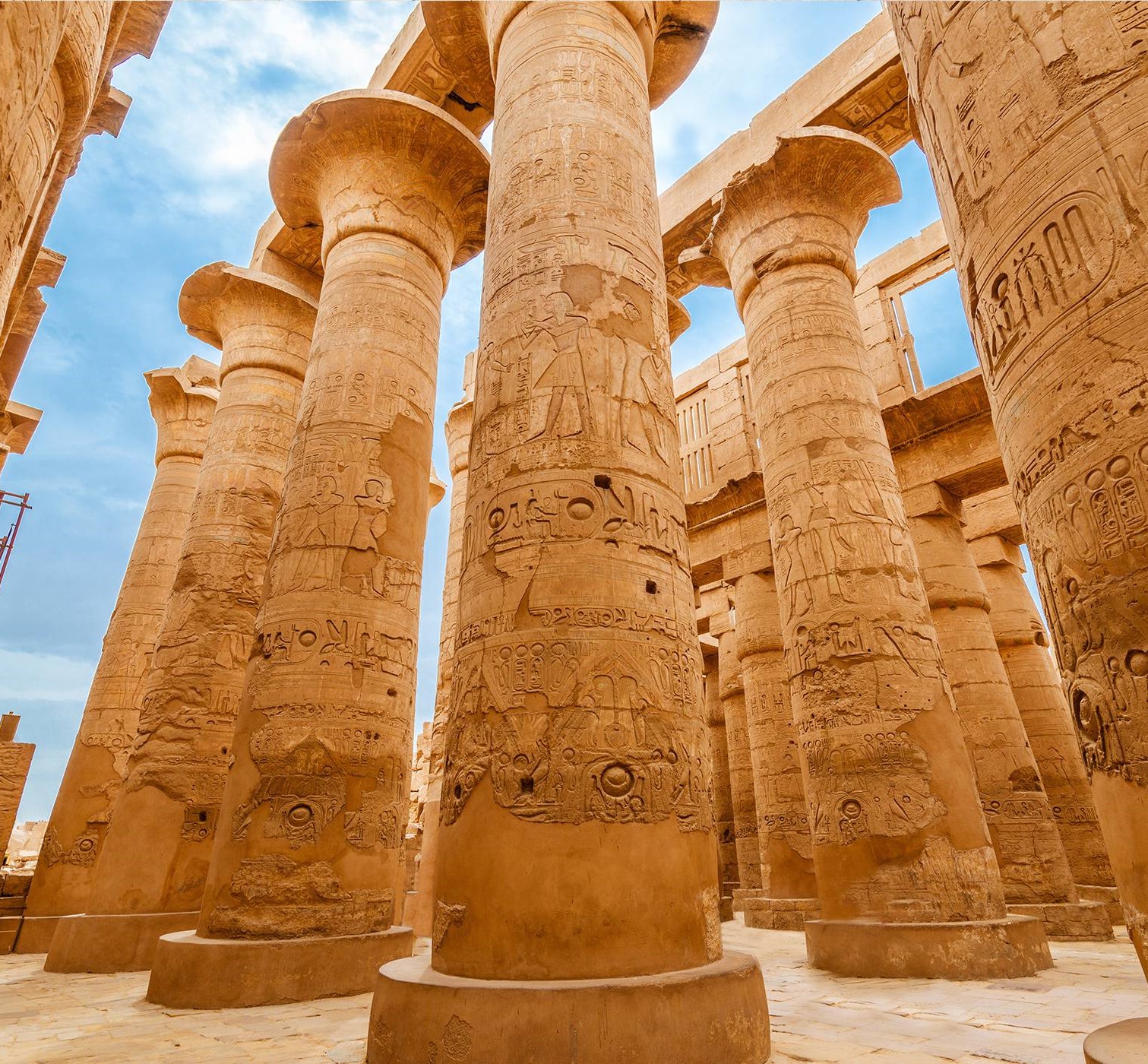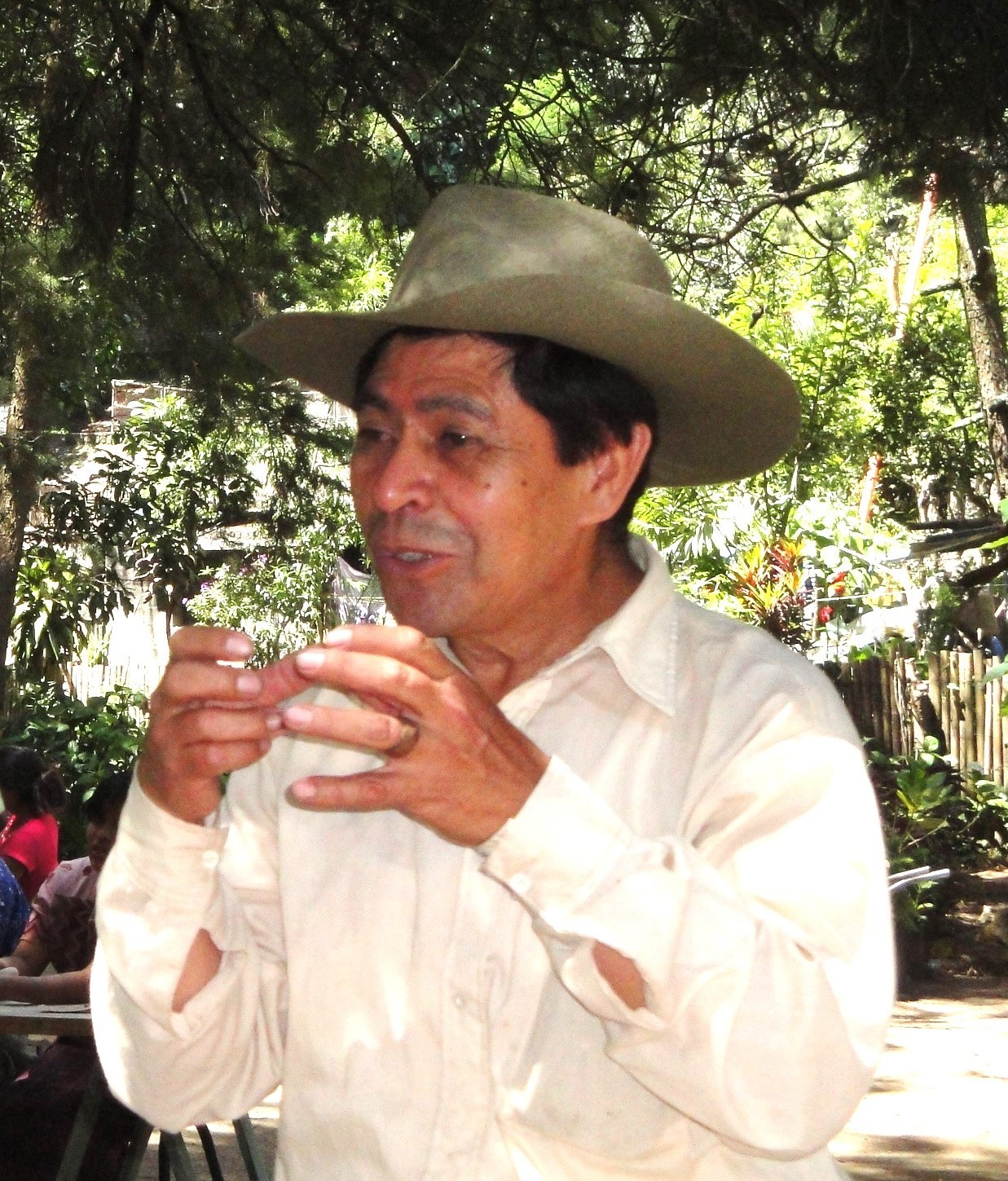After a late dinner, we were walking back to our hotel when the breeze brought a whiff of freshly baked bread. I turned and stared through the darkness at an arched opening backlit by flames. A glistening shirtless man was lifting loaves out of the brick oven with a long paddle, balancing, turning, then sliding them onto racks hidden by darkness. I watched, transfixed by this fragrant ballet — becoming bread myself.
For children, naming always starts at a literal level: bread, stone, water, fire. But soon the smell of bread becomes a sense of home; a smooth stone speaks of winter walks by the ocean. Water’s wetness not only quenches thirst, but it carries overtones birth and baptism, or maybe death and destruction. Fire burns, but it also bakes bread and transforms clay. Common names begin to thrum with meaning and memory. We may even begin to see a sacred wholeness in every part.
When Jesus claimed to be the “bread of heaven,” his listeners laughed.* “We know his parents. We know where he came from,” they scoffed, unable to enter the mystery of metaphor and connection that Jesus embodied for them.
According to the Gospel of John, Jesus himself made an even bigger claim: that their belief (and ours) would bring about eternal life. That is, we can experience the numinous realm of spirit here and now, in this physical world. And that if we are drawn to that possibility, God has already done the work of attraction. We can relax and not need to know how it’s happening or why. We can trust that the piece of work that we’ve been given to do already belongs to God’s creative work of love and connection. Being bread is just one piece of the whole.
–Marjory Zoet Bankson, Editor of inwardoutward.org
- Look around your home. What symbols or metaphors describe your life?
- What reminds you that you belong to a larger wholeness?
- When do you feel alone and without connection?





